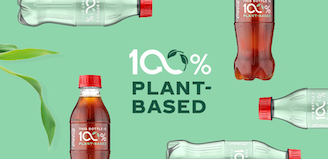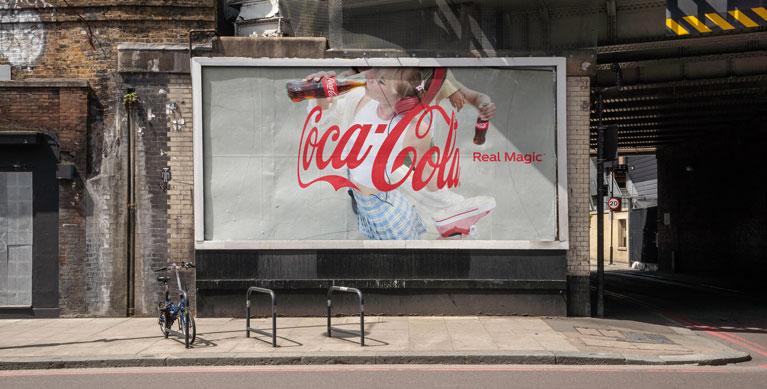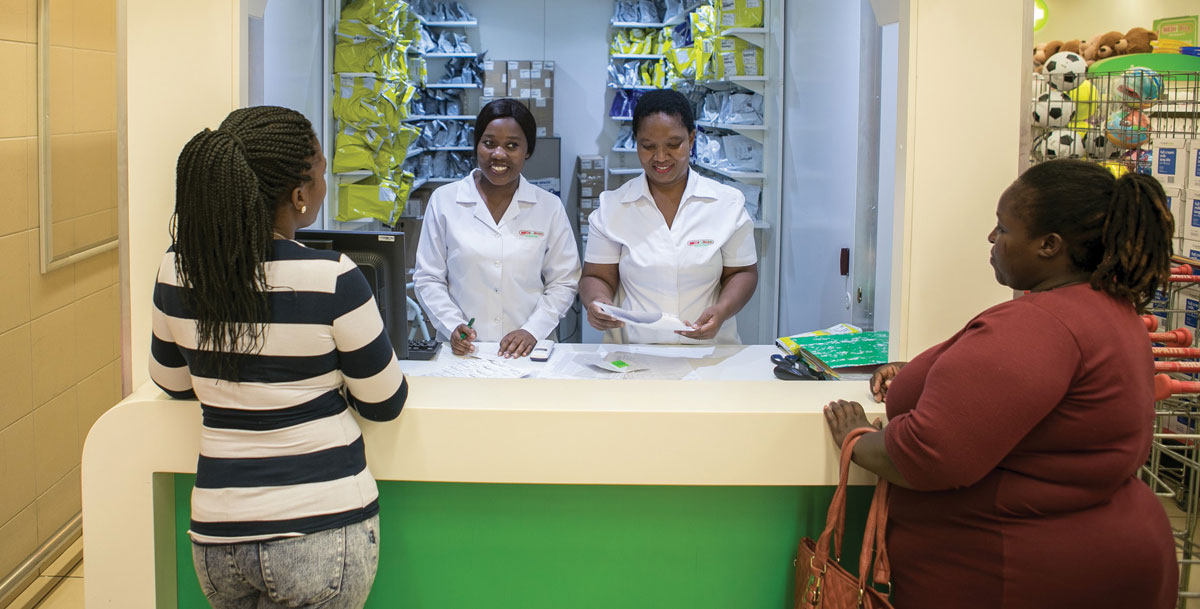
- Logo
- Our company
- Our brands
- Sustainability
- Social impact
- Careers
- News
- Investors
- Search
- Language
- Reciteme
Search

James Quincey Reinforces Coca‑Cola Sustainability Commitment, Signing Joint Statement on Circular Economy
06-12-2020
James Quincey, Chairman and CEO of The Coca‑Cola Company, has joined heads of organizations that include L’Oréal, IKEA Foundation, World Wildlife Federation and the World Economic Forum, along with the Ellen MacArthur Foundation, in support of a circular economy. In a statement published in the Financial Times Weekend, they pledged to “build back better” after the challenges from the global coronavirus pandemic by designing out waste from their systems.
Forging a Joint Commitment
“As the world faces unprecedented challenges,” the statement said, “we are more committed than ever to accelerating the transition to a circular economy, creating solutions that combine economic opportunity with benefits to wider society and the environment.”
The statement highlights a pledge to eliminate unnecessary plastics, innovate toward new business models and materials and to ensure plastics that are used are recyclable.
Coca‑Cola joins businesses emerging from the global coronavirus pandemic in what Quincey has called a “new reality” – one that requires changes to the way work is done and a future that calls for flexibility, resilience and new thinking.
The circular economy creates vital opportunities for economic growth, innovation and job creation that also address global challenges such as climate change and pollution.
Building a World Without Waste
The ongoing global World Without Waste initiative at Coca‑Cola illustrates the way an organization contributes to a circular economy.
The initiatives include:
- Design: Aiming to make global packaging 100% recyclable by 2025.
- Collect: Planning to collect and recycle a bottle or can for every one sold by 2030.
- Partner: Working with stakeholders, nonprofits, communities, governments and industry partners to recycle and reuse.
Each of the company’s business units has a plan to achieve these goals, with strong executive focus on progress and accountability.
For climate change, the Coca‑Cola system has reduced the carbon footprint of the “drink in your hand” by 24 percent since 2010, well on the way to reaching the company’s 25 percent target for 2020. A 2030 climate plan rolls out this year for The Coca‑Cola Company, with additional targets for carbon footprint reductions as well as new programs for improving climate resilience across the supply chain.
Read more:


